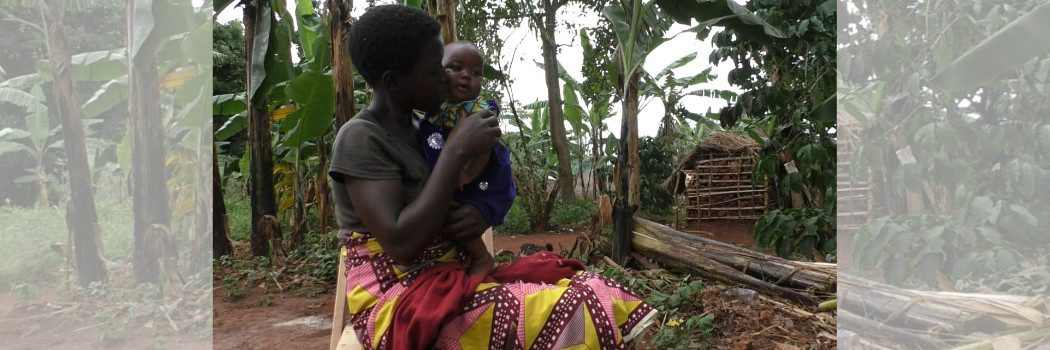
The way in which babies are soothed could be more important than how quickly mothers respond, according to new research revealing cultural differences in how babies are comforted.
Researchers including Professor Zanna Clay of our Psychology Department observed mother–infant interactions in urban UK and rural Ugandan communities.
They focused on how mothers soothed their babies following naturally occurring episodes of distress.
Challenging assumptions
They found that although the UK mothers responded to their babies' distress more quickly, Ugandan infants actually recovered faster.
This challenges long-standing assumptions rooted in Western models of parenting by showing that maternal promptness is not the only factor influencing how infants manage their emotions.
Instead, the type of soothing behaviour used, which is shaped by cultural context, may play a key role in helping babies regulate distress.
While both UK and Ugandan mothers soothed their babies at three months with tactile contact, like breastfeeding, UK mothers tended to use more verbal reassurance and less tactile contact as babies grew older.
By comparison, Ugandan mothers were more likely to rely on tactile strategies, particularly breastfeeding, even with older infants.
Everyday interactions
The researchers analysed 147 naturally occurring episodes of infant distress involving 82 infants aged three and six months.
Unlike controlled lab settings or surveys, the observations reflected genuine, everyday spontaneous parent–infant interactions.
In both countries, infants recovered more quickly when mothers responded faster.
But notably, Ugandan mothers - who tended to respond more slowly - soothed their infants more effectively using tactile strategies, like breastfeeding, leading to quicker recovery.
This effect appears to stem from cultural differences in caregiving style and suggests that soothing methods may be more influential than speed of response alone.
The researchers hope these insights will inform more culturally inclusive approaches to parenting support and early intervention.
The research has been published in the journal Developmental Psychology and was funded by the European Research Council.






